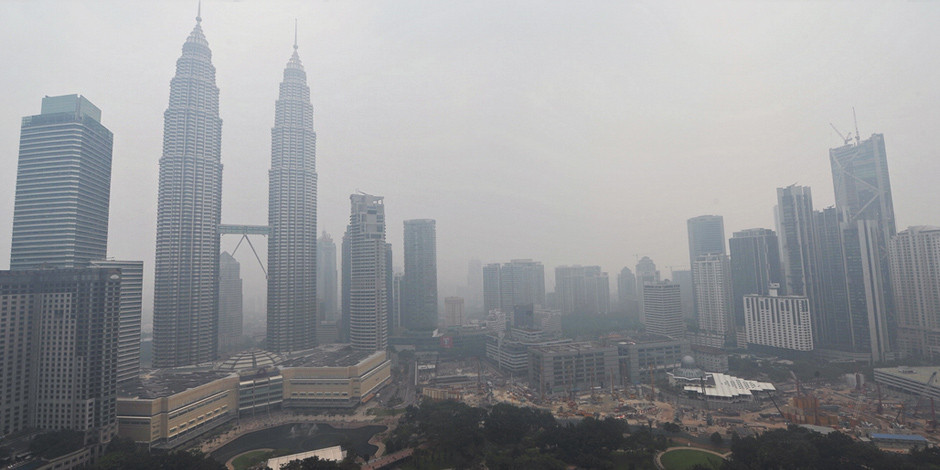PREV POST
Cleaner Air Better Care

News & Events
Indoor and outdoor air pollution is considered to be the world’s biggest environmental health threat, and is
estimated to be the cause of up to 7 million premature deaths a year according to the WHO. Air pollution and its links to the development of serious illnesses such as respiratory diseases, heart diseases, stroke, skin diseases, and cancers are well documented and well known. However, a new research study has now shed light on the alarming fact that air pollution can also be linked to significant reduction in intelligence, making it clear that it does not only damage the physical body but our brain’s cognitive and mental abilities as well.
How air pollution damages our bodies has been studied and research quite extensively throughout the years, but how much air pollution affects people’s mental abilities – and namely how much pollution reduces intelligence – is an area of study that is still relatively new. There are research studies that have linked air pollution to an increase in mental illnesses among children, higher 
This recent research on how pollution reduces intelligence, published in the journal of Proceedings of the National Academy of Sciences, was conducted in China among 20,000 people between the years 2010 and 2014. Language and arithmetic tests were conducted amongst the participants and test results were correlated to the records of nitrogen dioxide and sulphur dioxide pollution in the atmosphere (nitrogen dioxide and sulphur dioxide are two of the most common air pollutants which are generated from fossil fuels and mainly come from sources such as vehicle engines, power stations factories etc).

While this study was conducted in China, the results are significant to all of us around the globe and apply to almost everyone simply because it is said that 95% of the world’s population is actually breathing unsafe air. Now, with a global estimated rise in pollution of about 1mg every 3 years (in intellectual damage this can be estimated to be the equivalent of losing more than a month of education), this may feel incremental. But it is important to remember that levels of pollution are not evenly distributed around the world everyday in every location. Where you live, how long you live there, the levels of pollution there on any given day or circumstance, what you do for work, or any out-of-ordinary pollution fluxuations (such as haze, fires etc) can damage our bodies and our intellect.

 views
views
Indoor Environmental Issues
8
Hand Foot & Mouth Disease (HFMD)
2
Mould
3
Business Solutions
27
Cross Infections
16
Bad Smell
9
Sinus Allergies
2
Testimonials
1
Press Releases & Media Coverage
8
Personal Solutions
69
Technology
12
News & Events
7
Collaborations
1
Ozone Water
1
Ozone Terminology
3